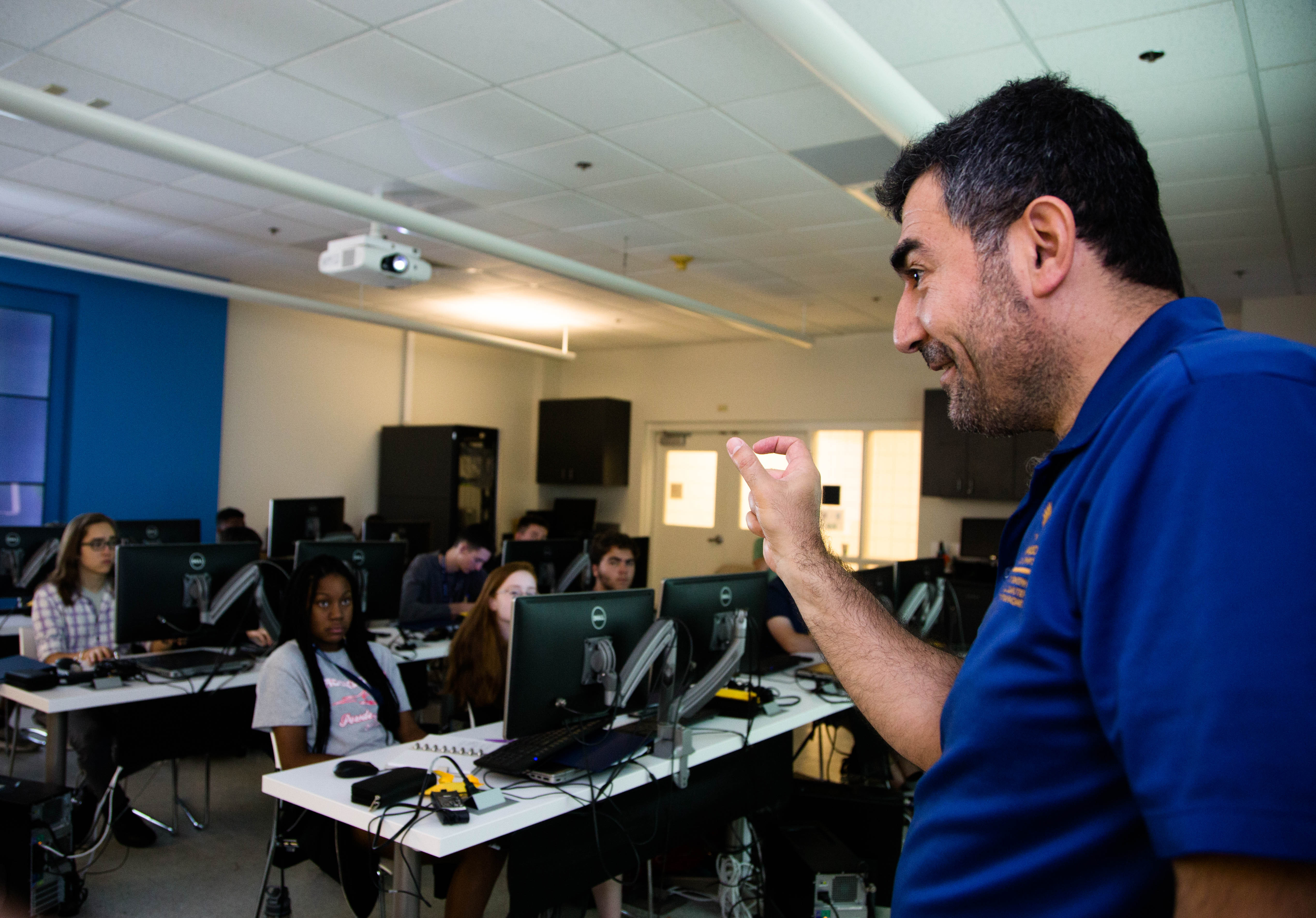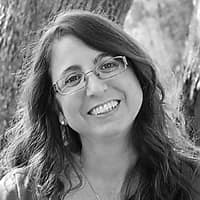Cybersecurity Campers are Tomorrow’s White Hats

Today – maybe on the other side of the planet, maybe closer to home – cybercriminals are constantly trying to exploit the vulnerabilities of the aviation industry: connectivity, availability, legacy systems and the constant flow of payment data from passengers.
Soon, 17-year-old Antonia Nunley of Columbus, Georgia might join an army of “white hats” being trained at Embry-Riddle to protect airports and airlines by combating cybercriminals. Nunley recently joined 20 other high-school students to take part in a unique aviation-focused cybersecurity camp, developed by Embry-Riddle Research Fellow and Professor of Computer Science Dr. Remzi Seker and funded by the National Security Administration.
Nunley is mastering the basics of secure programming through Python and JavaScript while learning about the Linux operating system and various vulnerability testing tools. She’s also learning to bridge aviation culture and the rapidly changing realities of information technology.
Seker’s cyber camp curriculum lets students explore hacking, cracking and digital forensics within Embry-Riddle’s Cybersecurity and Assured Systems Engineering (CyBASE) Center, a lab that serves as a safe sandbox for mock malicious attacks. The program builds on Seker’s deep experience developing curricula to incorporate systems thinking – a disciplined approach for identifying links and interactions to understand the underlying structure of computer systems and programs.
“Aviation safety and cybersecurity professionals don’t share a common base of knowledge. Both groups at times use the same terms with different meanings. The goal is to become bilingual – fluent in aviation safety and cybersecurity,” says Seker.
All students leave cybersecurity camp prepared to safeguard their data, mobile devices, wireless networks, smart home devices – and maybe one day, aircraft.
-With reporting by Kim Sheeter
Editor’s Note: This article was originally published in the fall 2018 edition of Embry-Riddle’s ResearchER magazine (Vol. 2, No. 2). The ResearchER archives can be found on Scholarly Commons.

 Deborah Circelli
Deborah Circelli